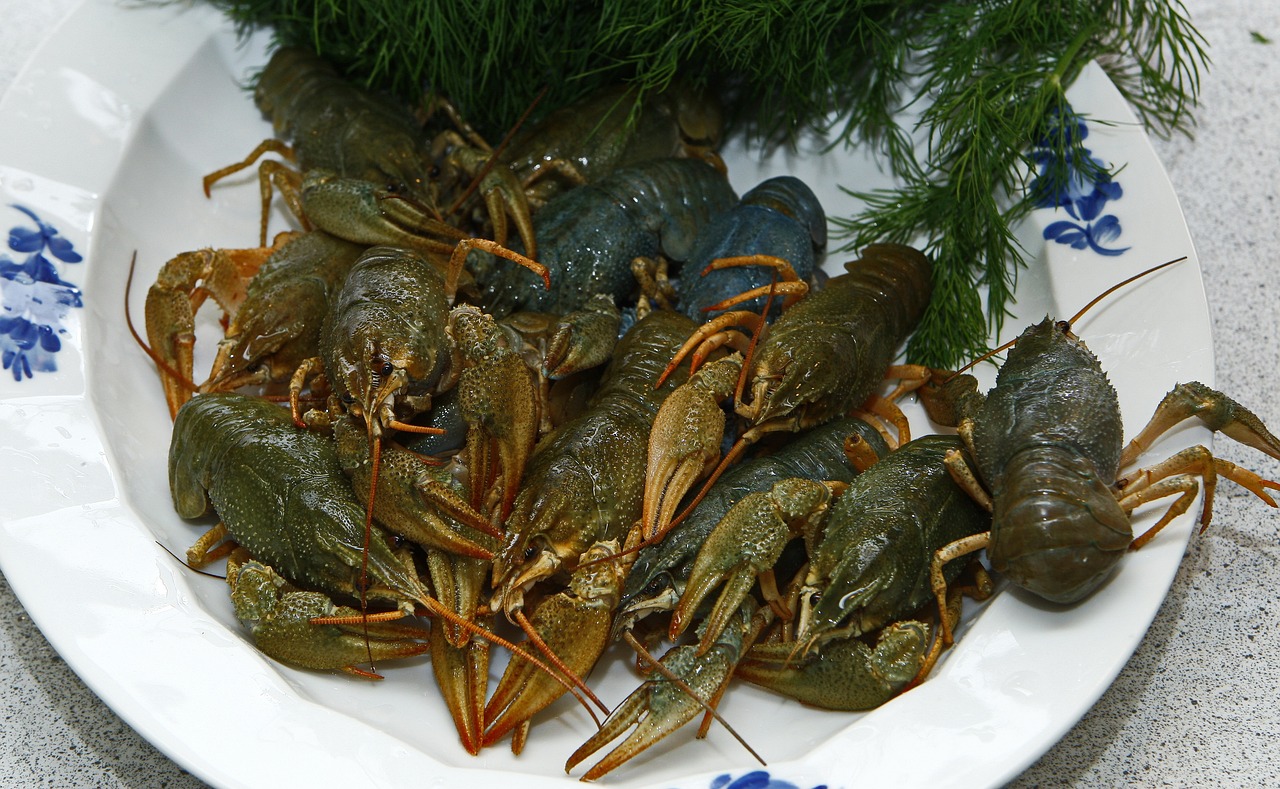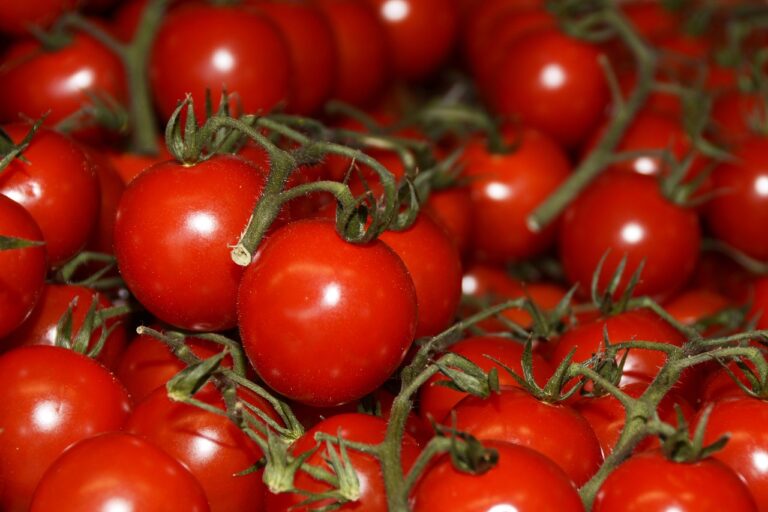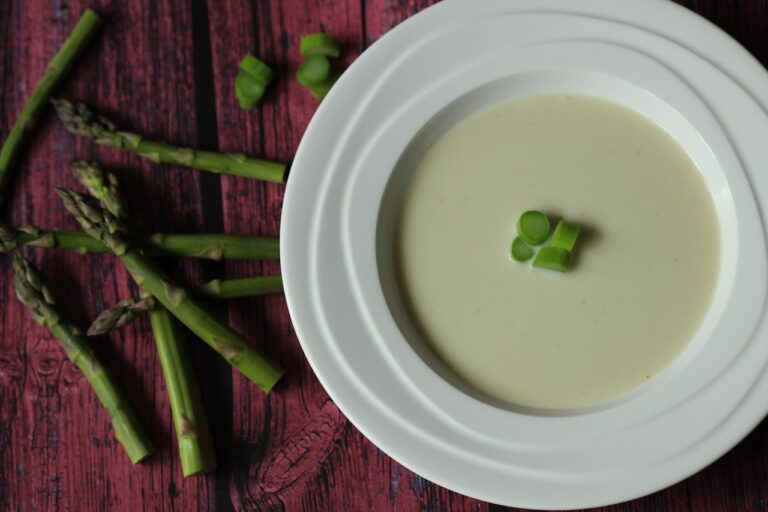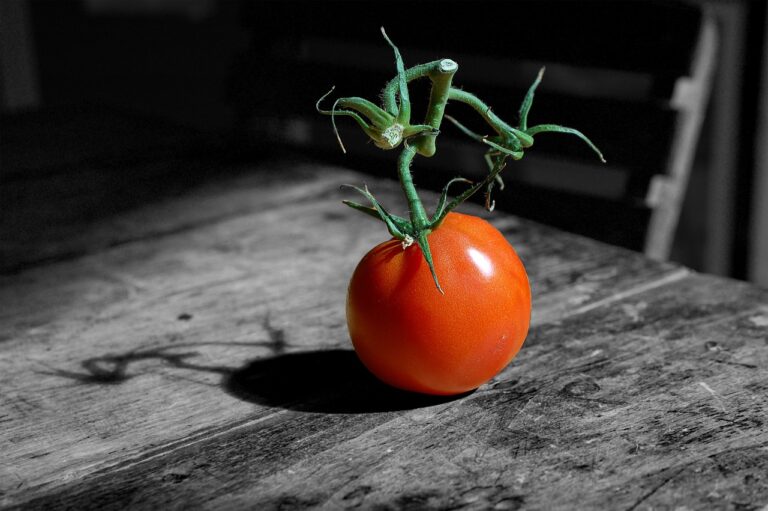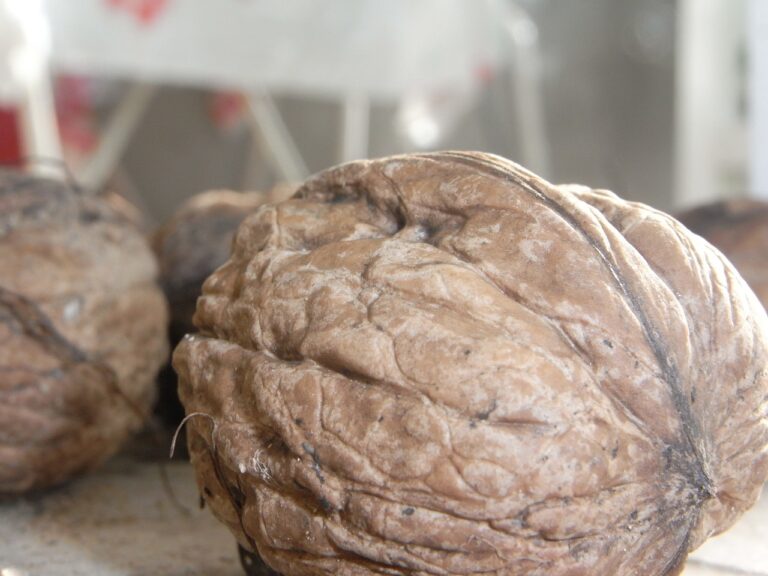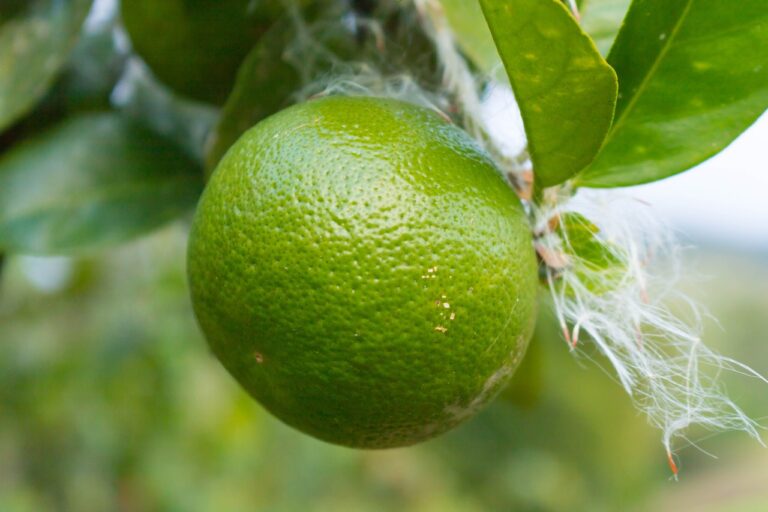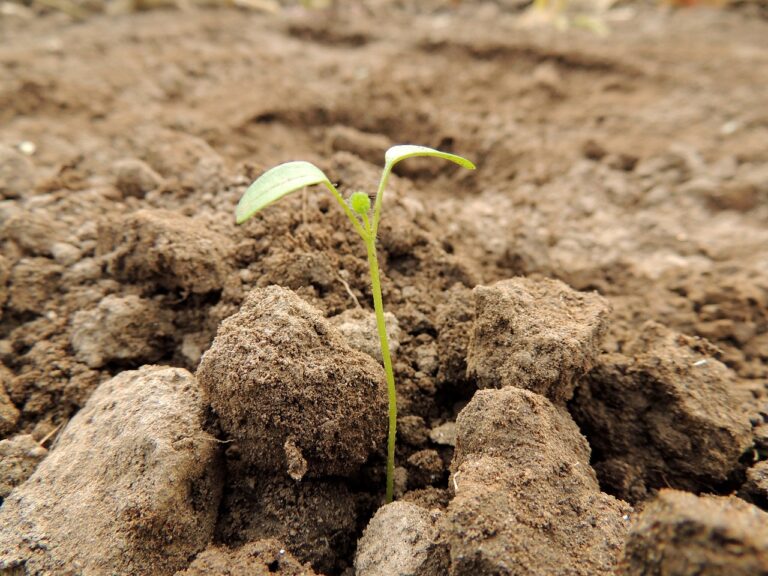The role of biotechnology in enhancing fruit yield for pulp and puree production: Betbook250 com login, Reddyanna247, Play lotus365.com login
betbook250 com login, reddyanna247, play lotus365.com login: Biotechnology has played a significant role in revolutionizing the agriculture industry, especially in enhancing fruit yield for pulp and puree production. By leveraging biotechnological methods and techniques, farmers and producers can improve crop quality, increase productivity, and ultimately meet the growing demand for fruits and fruit-based products.
One of the key ways biotechnology enhances fruit yield is through the development of genetically modified organisms (GMOs). GMOs are plants that have been genetically engineered to possess desirable traits such as resistance to diseases, pests, and environmental stress. By introducing GMOs into fruit crops, farmers can ensure better yields and improved quality of fruits for pulp and puree production.
Another important aspect of biotechnology in fruit production is the use of biostimulants and biofertilizers. Biostimulants are substances that stimulate plant growth and improve nutrient uptake, leading to increased fruit yield. Biofertilizers, on the other hand, are microorganisms that enhance soil fertility and promote plant health. By incorporating biostimulants and biofertilizers into fruit crops, farmers can boost fruit production and improve fruit quality.
Furthermore, biotechnology enables the development of new and improved fruit varieties through genetic modification and breeding techniques. By creating varieties that are more resistant to diseases, pests, and environmental conditions, farmers can ensure higher yields and better quality fruits for pulp and puree production. Additionally, biotechnology allows for the selection of fruit varieties with specific characteristics such as taste, color, and shelf life, further enhancing the value of the final product.
In addition to improving fruit yield, biotechnology also plays a crucial role in sustainable fruit production. By reducing the need for chemical pesticides and fertilizers, biotechnological methods help protect the environment and promote biodiversity. Biotechnology also enables the development of drought-tolerant and salt-tolerant fruit crops, making fruit production more resilient to climate change and water scarcity.
Overall, the role of biotechnology in enhancing fruit yield for pulp and puree production is undeniable. By leveraging biotechnological methods and techniques, farmers and producers can increase productivity, improve fruit quality, and ensure sustainable fruit production. With the continued advancement of biotechnology, the future of fruit production looks promising, with new and innovative ways to enhance fruit yield and meet the growing demand for fruits and fruit-based products.
FAQs:
Q: Are genetically modified fruits safe for consumption?
A: Yes, genetically modified fruits that have gone through rigorous testing and approval processes are deemed safe for consumption.
Q: How does biotechnology benefit fruit farmers?
A: Biotechnology benefits fruit farmers by improving crop yields, enhancing fruit quality, and promoting sustainable farming practices.
Q: Can biotechnology help address food security challenges?
A: Yes, biotechnology can help address food security challenges by increasing agricultural productivity and ensuring a stable food supply.

